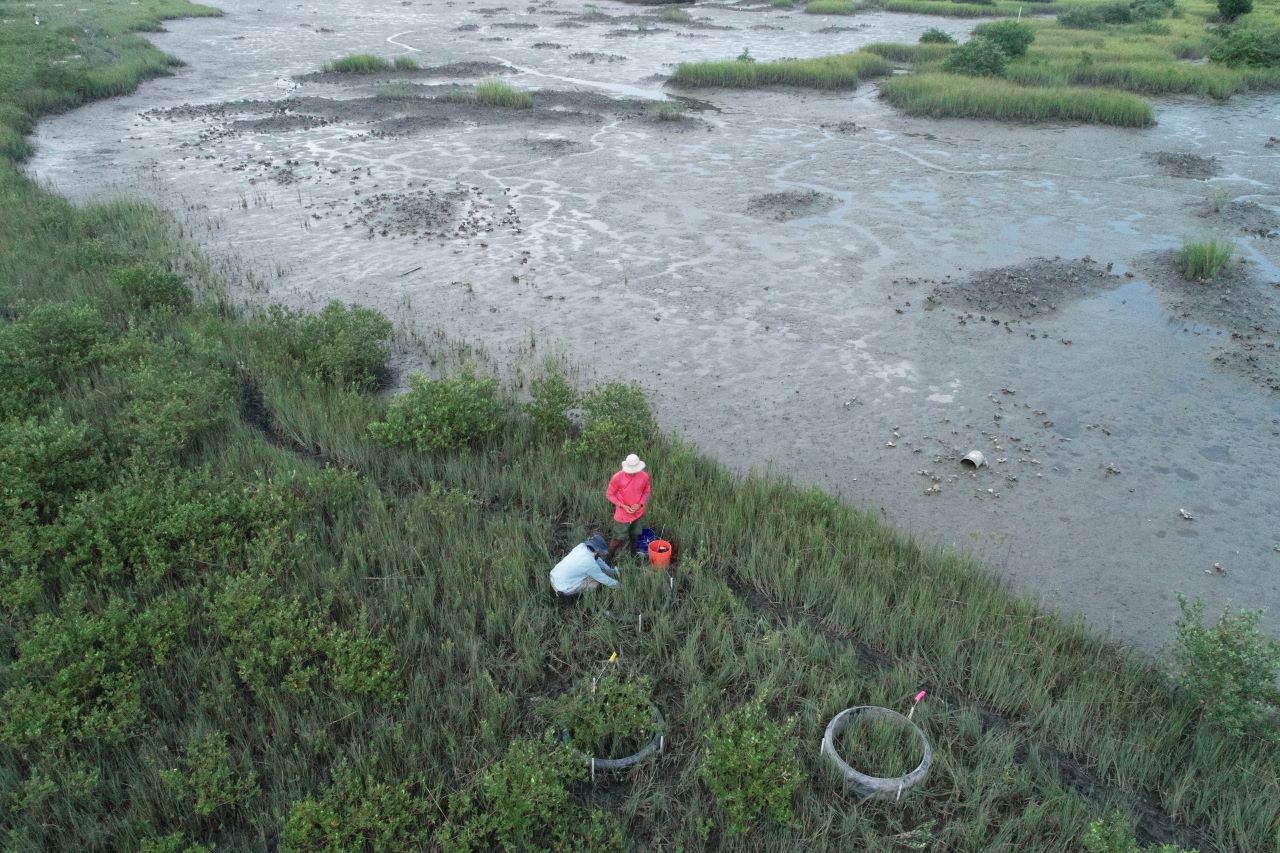
Sustainable Development Goals (SDGs) and California’s Wolf Compensation Program
Introduction
A new report from the California Department of Fish and Wildlife highlights the success of the state’s pilot program to compensate livestock owners for wolf-related expenses. The program, which received $3 million in funding in 2021, prioritized nonlethal measures to prevent conflicts between wolves and ranchers. This report emphasizes the importance of sustainable practices in achieving the Sustainable Development Goals (SDGs).
Nonlethal Measures for Conflict Prevention
The report reveals that nearly two-thirds of the allocated funding, amounting to $1.92 million (64%), was used to reimburse livestock owners for implementing nonlethal conflict-prevention measures. These measures are not only beneficial for ranchers but also contribute to the conservation of wolf populations. The success of California’s approach highlights the need for other states to adopt similar modern methods instead of resorting to archaic practices like killing wolves.
Allocation of Funds
The pilot program had three main components: compensating livestock owners for direct wolf-caused losses, reimbursing them for proactive nonlethal conflict-prevention measures, and providing financial support to livestock owners grazing in known wolf territory. The report states that 109 grants were issued to 36 livestock operators across four counties inhabited by six different wolf packs.
- Reimbursement for nonlethal measures: $1.92 million (64%)
- Compensation for direct wolf-caused losses: $135,044 (4.5%)
- Financial support for livestock owners in wolf territory: $945,131 (31.5%)
Program Success and Future Improvements
The popularity of the program among livestock owners resulted in the complete utilization of the allocated funds by March 8, 2024. However, there is room for improvement. Amaroq Weiss, a senior wolf advocate at the Center for Biological Diversity, urges the department to prepare a follow-up report to identify lessons learned and suggest enhancements. This includes ensuring that the reimbursed nonlethal measures are suitable for each ranching operation and requiring the use of such measures before compensating for direct losses. By evaluating the program’s effectiveness and making necessary changes, California can further enhance its sustainable practices.
Background
Wolf Conservation Efforts in California
The presence of wolves in California was reestablished when OR-7, a radio-collared wolf from Oregon, entered the state in late 2011. Since then, several wolf packs have been established, including the Lassen pack and the Yowlumni pack. As of late 2023, the California Department of Fish and Wildlife has confirmed the presence of seven different wolf packs and a few lone wolves or groups of wolves.
Protecting Wolves and Achieving SDGs
The gray wolf (Canis lupus) is native to California but was driven to extinction in the state by the mid-1920s. Following OR-7’s arrival, wolves were granted full protection under California’s endangered species act. Additionally, wolves are federally protected in California under the federal Endangered Species Act. The conservation efforts for wolves align with SDG 15 (Life on Land), which aims to protect and restore terrestrial ecosystems and promote sustainable use of resources. It is crucial to continue implementing sustainable practices to ensure the coexistence of wolves and livestock owners while contributing to the achievement of the SDGs.
SDGs, Targets, and Indicators
1. Which SDGs are addressed or connected to the issues highlighted in the article?
- SDG 15: Life on Land – The article discusses the compensation of livestock owners for wolf-related expenses, highlighting the coexistence of ranchers and wolves.
- SDG 12: Responsible Consumption and Production – The article mentions the use of nonlethal conflict-prevention measures to reduce conflicts between ranchers and wolves, promoting responsible production practices.
2. What specific targets under those SDGs can be identified based on the article’s content?
- SDG 15.5: Take urgent and significant action to reduce the degradation of natural habitats, halt the loss of biodiversity, and protect and prevent the extinction of threatened species – The article addresses the protection and coexistence of wolves, an endangered species, with livestock owners.
- SDG 12.4: By 2020, achieve the environmentally sound management of chemicals and all wastes throughout their life cycle, in accordance with agreed international frameworks, and significantly reduce their release to air, water, and soil to minimize their adverse impacts on human health and the environment – The article emphasizes the use of nonlethal conflict-prevention measures to reduce the need for lethal practices that may harm both wolves and livestock.
3. Are there any indicators mentioned or implied in the article that can be used to measure progress towards the identified targets?
- The allocation of $3 million for a pilot program to compensate livestock owners for wolf-related expenses can be considered an indicator of progress towards SDG 15.5.
- The reimbursement of nearly $1.92 million for nonlethal measures and $135,044 for direct wolf-caused losses can be indicators of progress towards SDG 12.4.
Table: SDGs, Targets, and Indicators
| SDGs | Targets | Indicators |
|---|---|---|
| SDG 15: Life on Land | Target 15.5: Take urgent and significant action to reduce the degradation of natural habitats, halt the loss of biodiversity, and protect and prevent the extinction of threatened species | The allocation of $3 million for a pilot program to compensate livestock owners for wolf-related expenses |
| SDG 12: Responsible Consumption and Production | Target 12.4: By 2020, achieve the environmentally sound management of chemicals and all wastes throughout their life cycle, in accordance with agreed international frameworks, and significantly reduce their release to air, water, and soil to minimize their adverse impacts on human health and the environment | The reimbursement of nearly $1.92 million for nonlethal measures and $135,044 for direct wolf-caused losses |
Behold! This splendid article springs forth from the wellspring of knowledge, shaped by a wondrous proprietary AI technology that delved into a vast ocean of data, illuminating the path towards the Sustainable Development Goals. Remember that all rights are reserved by SDG Investors LLC, empowering us to champion progress together.
Source: biologicaldiversity.org

Join us, as fellow seekers of change, on a transformative journey at https://sdgtalks.ai/welcome, where you can become a member and actively contribute to shaping a brighter future.






